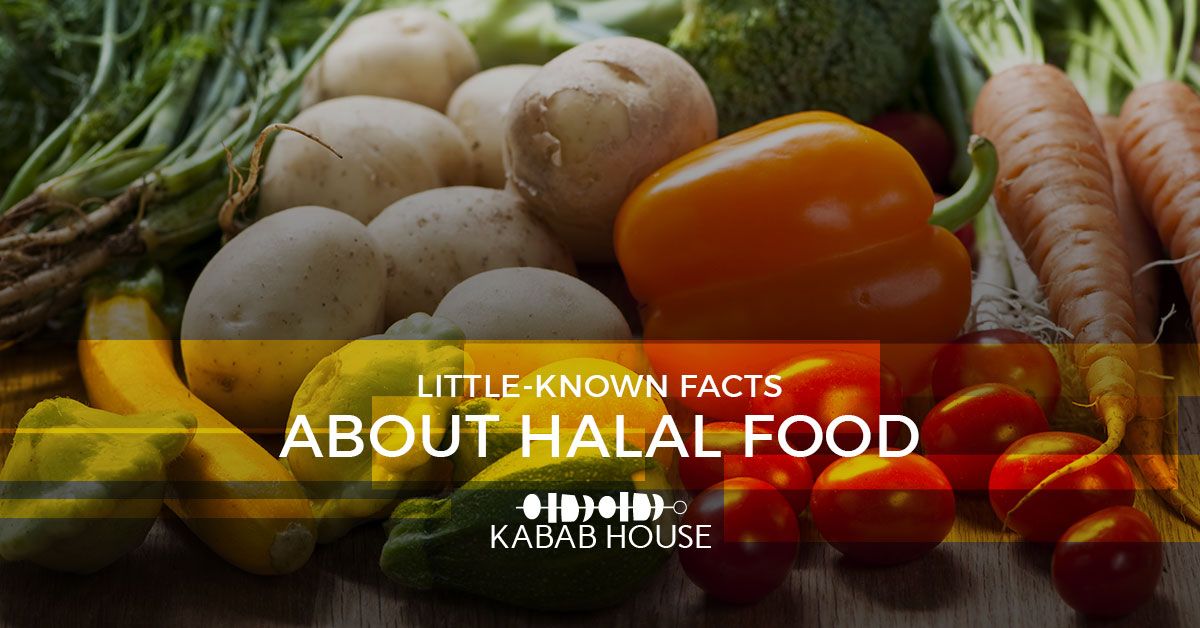Before we get into the meat and potatoes of today’s post that clearly explains why everyone in Orlando who is craving “halal food near me” should type into their smartphone “halal restaurant near me,” or better yet, “Kissimmee Kabob House,” and they are likely to have some of the best shawarmas, kabobs, gyros, and hummus of their life, allow us a word or two about some of the special offerings we have going right now at our kebab house near Orlando.
First of all, we are offering a 20 percent discount on your entire order when you dine in with us. 20 percent is pretty significant, especially when the entire family is chowing down on Cucumber with Yogurt, Mazza, Halal Wings, Halal Meat Shawarma Pizza, our Kabob Mix Platter, and some Chicken Tagine just for good measure. When you invite your entire extended family to dinner as well, the odds are high that you’ll be the one stuck with the bill at the end of the night. As soon as that check comes it’s funny to see your brother, sister, cousins, and even uncles head for the restroom or at least out of sight.
Luckily for you, you don’t have to worry about how many legs of lamb your cheap family members have ordered, not only because of the 20 percent discount. Along with our great food and exceptional service we are happy to announce that kids eat free with parents when you dine in as well. So you know those 10 nieces and nephews you always end up paying for somehow? They aren’t your problem anymore! We’ve got you covered with great deals and delicious local Halal food.
We offer customized halal restaurant catering services in the greater Orlando region. With cuisine from Mediterranean, Moroccan, and Middle Eastern influences, we can turn your casual house party into a night with food worth remembering. Guests won’t soon forget the best gyros, shawarmas, and kebabs they’ve ever had, so be sure to check out the link above or call us for any catering specials we happen to be running. Even if you have over 100 people coming to your event, we can easily handle it!
What Is Halal Food?
Alright, we’ve arrived at our blog topic of the day, at last. But before we get too far into the weeds of some fun, little-known facts regarding Halal restaurants and cuisine, it would probably be helpful if we defined what halal food actually is and what it isn’t.
As we state on our Halal food resource, Halal food follows Islamic law as stated in the Qur’an, and the actual word, “halal” is translated into “permissible” in Arabic. In contrast to halal food is “haram” food, which means forbidden. The following foods are considered forbidden according to the Qu’ran:
- Pork, including any pork byproducts
- Birds of prey
- Alcohol (including food prepared with alcohol)
- Land-dwelling animals without external ears
- Animals not correctly slaughtered and animals not slaughtered in the name of Allah
- Any carnivorous animals
In addition to the above criteria, grains which haven’t been prepared or cooked with alcohol or lard are deemed Halal, as are fruits and veggies which haven’t been prepared alongside haram foods.
As you can probably guess, our extensive selection of Halal food is delicious as it is diverse. From falafels to halal hot wings to keftas, you’ll have an unforgettable Halal meal when you come into the Kabab House in Kissimmee near Orlando. Whether you’ve wanted to try Halal food for a while or you are on vacation visiting Disney World looking for a “halal restaurant near me,” we are your go-to right here.
Humane Treatment Of Animals
A cornerstone principle of Halal food, or should we say, a “halalmark,” is that animals used for food ought to be slaughtered as humanely as possible. Halal butchery states that the goal of animal slaughter must involve as little pain for the animal as is reasonable, while a prayer invoking the name of Allah is spoken over the animal. Another component of the slaughter includes the cutting of the jugular vein so that blood can drain from the animal, since Muslims are forbidden from consuming animal blood.
There are other aspects to the practice of Islamic slaughter and the method of preparing Halal meat. AFIC, the Australian Federation of Islamic Councils, has strict guidelines on the slaughtering method to ensure the practice remains holy. The rules are listed below.
- The slaughterer must be a sane adult Muslim.
- The slaughterer must say the name of God before making the cut.
- The name of God is said in order to emphasize the sanctity of life and that the animal is being killed for food with God’s consent.
- The animal must be killed by cutting the throat with one continuous motion of a sharp knife.
- The cut must sever at least three of the trachea, esophagus, and the two blood vessels on either side of the throat.
- The spinal cord must not be cut.
- Animals must be well treated before being killed.
- Animals must not see other animals being killed.
- The knife must not be sharpened in the animal’s presence.
- The knife blade must be free of blemishes that might tear the wound.
- The animal must not be in an uncomfortable position.
- The animal must be allowed to bleed out and be completely dead before further processing.
At first glance, some people from the west might consider a swift cut of the blade to be a bit alarming. But when you understand that cutting an animal’s throat in a quick motion with an extremely sharp blade causes the animal in question to lose consciousness within seconds, the death does not occur because of blood loss per se, but happens because of cerebral hypoxia. When compared with the painful “bolt-stunning” that is nearly ubiquitous in the west, the Halal method makes much more sense from a contemporary-minded ethical perspective.


